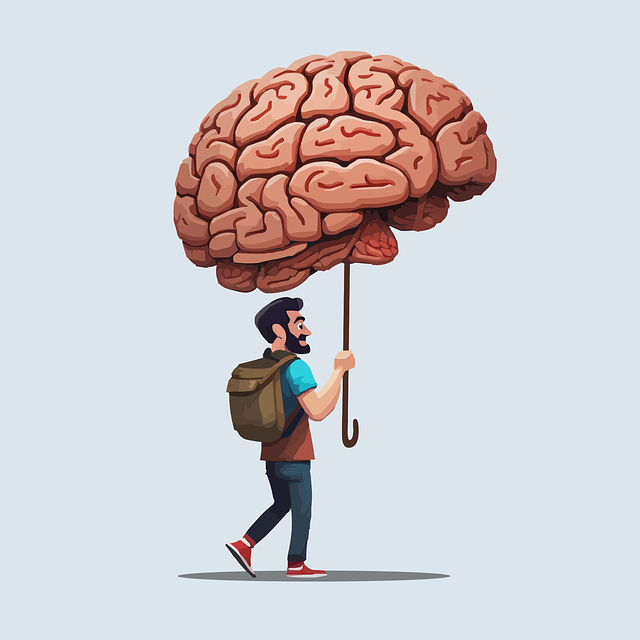In the vibrant world of sports betting, understanding the gambler’s mindset is as crucial as knowing the odds.
At Bangsports, we delve deep into the psychological intricacies that drive betting behaviors, offering insights that go beyond mere tactics.
This exploration into the psychology of betting is not just about making better bets—it’s about understanding why we bet, how we make betting decisions, and what we can do to bet smarter.
Join us as we unravel the complex world of the gambler’s psyche.

The Allure of the Betting: Why We Gamble
Gambling is an age-old activity that taps into various psychological triggers. The thrill of the risk, the allure of the reward, and the sheer excitement of the unknown combine to create a compelling activity that many find irresistible. But what really goes on in the minds of bettors?
The Thrill of Risk
For many enthusiasts, betting is not merely a pastime but a thrilling pursuit. The adrenaline rush associated with the risk of winning or losing adds an intense level of excitement to the activity. This isn’t just about the potential financial gain but the inherent enjoyment of taking risks.
Betting offers a break from the mundane, everyday routines, serving as a gateway to adventure and unpredictability. The uncertainty of outcomes, whether in sports, card games, or slot machines, provides a psychological thrill that is difficult to find in more predictable activities.
This pursuit of excitement drives many to return to betting platforms, seeking the rush that comes with each wager.
The Reward System
Winning a bet triggers a potent release of dopamine, a neurotransmitter linked to the brain’s pleasure and reward circuits. This biochemical response is significant because it reinforces the betting behavior, making the activity not just a source of financial reward but also biochemical gratification.
Each win prompts a psychological high, a burst of happiness that can be intensely satisfying. This reward mechanism can contribute to the habit-forming nature of betting, as the brain begins to associate gambling with positive emotions and satisfaction, compelling bettors to return to the activity in pursuit of that high.
Cognitive Biases
Human decision-making is not always rational; it is frequently influenced by cognitive biases that can skew our reasoning. In the context of betting:
- Illusion of Control: This bias occurs when bettors overestimate their ability to control or influence outcomes that are actually determined by chance. For instance, a bettor might believe that their personal ritual or the specific way they place a bet can affect the outcome of a game. This illusion can be comforting, providing a false sense of mastery over the largely unpredictable nature of gambling.
- Confirmation Bias: Bettors often fall prey to confirmation bias, where they pay more attention to information that confirms their preconceptions and ignore contradictory data. For example, if a bettor believes a certain team is lucky, they might focus on all the instances that the team has won and disregard the losses.
- Gambler’s Fallacy: Another common misconception is the gambler’s fallacy, where individuals believe that past events can influence the likelihood of something happening in the future in random sequences. If a coin lands heads up several times in a row, the gambler’s fallacy would lead one to erroneously expect tails is due next, not understanding that each flip is independent.
Understanding these psychological elements helps explain why gambling is so captivating and why it can sometimes lead to irrational behaviors. Recognizing these aspects of the gambler’s mindset not only provides insights into why people gamble but can also aid bettors in making more informed and mindful decisions. By being aware of the psychological drives and biases that affect betting behavior, gamblers can approach betting more strategically, potentially leading to a more balanced and controlled engagement with gambling.
Understanding Betting Decisions: Cognitive and Emotional Aspects
The process of placing a bet involves a complex interplay of cognitive and emotional factors. Understanding these can help bettors make more rational choices.
- Cognitive Factors: These are the logical, analytical aspects of betting, including researching stats, understanding odds, and developing strategies. Successful bettors often spend a significant amount of time analyzing information before placing their bets.
- Emotional Factors: Emotions play a crucial role in betting. The excitement of a potential win, the pride in a successful prediction, or the frustration of a loss can all impact decision-making. Emotional regulation is key—too often, bettors let short-term disappointments or the euphoria of a win influence their betting strategies.

Strategies for Smarter Betting: A Psychological Approach
Understanding the psychological underpinnings of betting is crucial for developing disciplined and successful betting strategies. These strategies not only improve the odds of winning but also ensure that betting remains a healthy and enjoyable part of your life.
1. Set Clear Goals and Limits
Before you place a bet, it’s important to understand your motivations: Are you betting for fun, profit, or both?
Knowing why you’re betting helps you approach the activity with clarity and purpose. It also helps in setting realistic expectations and financial limits, which are essential for maintaining control over your betting habits.
By establishing a clear set of goals and a budget, you can avoid the common pitfalls of chasing losses or betting impulsively, which often lead to frustration and financial difficulties.
2. Educate Yourself
Educating Yourself about the sports you bet on significantly enhances your chances of making informed decisions. This involves more than just keeping up with the latest scores or standings.
It means understanding in-depth aspects of the sport, such as team strategies, player injuries, and historical performances, as well as mastering how betting odds work and recognizing patterns in the odds that could indicate good betting opportunities.
Staying updated with the latest information is also critical as conditions can change rapidly in sports, impacting the likely outcomes of the games.
3. Mindfulness and Emotional Control
Betting can be an emotional rollercoaster, with highs from wins and lows from losses. To bet successfully, it’s important to manage these emotions effectively to avoid making hasty decisions under the influence of excitement or disappointment.
Practicing mindfulness can help you maintain a level head, enabling you to make decisions based on logic and informed judgment rather than emotional impulses. This mental discipline ensures that each bet is considered and deliberate, reducing the risk of costly mistakes.
4. Embrace a Long-Term Perspective
This changes the way you approach betting from seeking immediate wins to building consistent success over time. Understanding that not every bet will win helps you maintain a balanced view, preventing the despair that often accompanies losses and the overconfidence that follows wins.
This perspective encourages the development of strategies that focus on achieving sustainable success, rather than risking it all for temporary gains. Viewing betting as a marathon, not a sprint, fosters patience and perseverance, qualities that are indispensable for anyone looking to succeed in the uncertain world of sports betting.
In conclusion the psychology of betting is fascinating and complex, intertwining cognitive processes, emotional reactions, and behavioral outcomes.
At Bangsports, we encourage our bettors to not only enjoy the thrill of betting but also to understand the deeper psychological aspects that influence their betting decisions.
By fostering a balanced approach to gambling, we can enjoy the excitement of betting while making smarter, more informed decisions.



